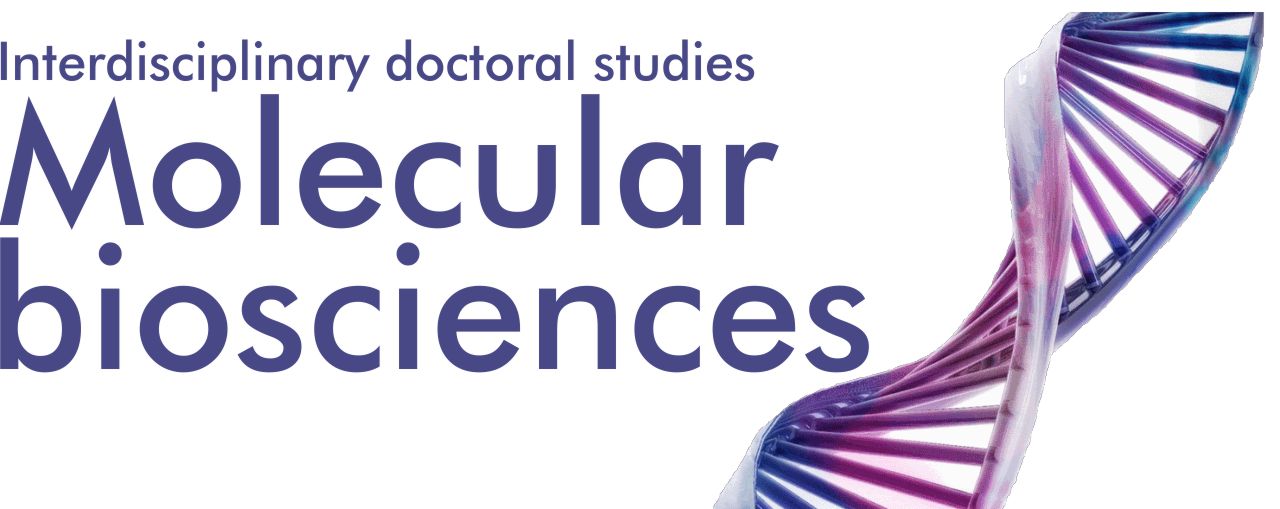| Cipher: | 2301 |
| Nomenclature: | Biology of tumor and normal cells |
| Study programme: | Molecular biosciences |
| Module: | Biology |
| Case holder: | the doc.dr.sc. Maya Sabol, zn. Associate |
| Institution of the case holder: | Ruđer Boskovic Institute |
| Contributors - Contractors: | |
| Subject status: | Electoral College |
| The year in which the case is submitted: | Year I |
| The semester in which the case is submitted: | Semester II |
| Subject objective: | Understand the latest findings on the normal functioning of cells of multicellular organisms, the regulation of the cell cycle, the transmission of signals in the cell and between cells, and the disruption of these processes with molecularly genetic and biochemical aspects of cell functioning and the research model in vitro and in vivo. |
| Case contents: | Course content: cell structure and cell cycle, protein manifestation in cell cycle regulation, growth factors and protooncogens, signal transmission, gene activation and inactivation, gene map, recessive and predominantly hereditary diseases. Apoptosis and blockers of apoptosis. Phosphorylation and defosphorylation - phosphatases and kinases and their inhibitors. |
| Learning outcomes: competences, knowledge, skills that the subject develops: | 1. Predict the genetic and protein role in the functioning of the cell and the molecular regulation of cell survival. |
| ECTS Credits | 6 |
| Lectures | 5 |
| Seminars (IS) | 5 |
| Exercises (E) | 20 |
| Altogether | 30 |
| The way of teaching and acquiring knowledge: | attendance of classes and exercises, critical analysis of the scientific article |
| Ways of teaching and acquiring knowledge: (notes) | |
| Monitoring and evaluating students (mark in fat printing only relevant categories) | Attendance, Teaching activities, Mandatory seminar work |
| Rating method: | Oral Exam, Published Publication Analysis |
| Mandatory literature: | Lodish H et al Molecular Cell Biology, 7th edd,2012; Pelengaris S, Khan M. The molecular biology of cancer: a bridge from bench to bedside, New York : Wiley, 2013 |
| Supplementary (recommended) literature: | Alberts B,Johnson A,Lewis J,Morgan D,Raff M, Roberts K, Walter P Molecular biology of the cell, 6th edd. 2014 Ambriović Ristov, A et al in Methods in Molecular Biology; University of Zagreb and Rudjer Boskovic Institute in 2007 |
| How to monitor the quality and performance performance (evaluation): | Survey among students |
